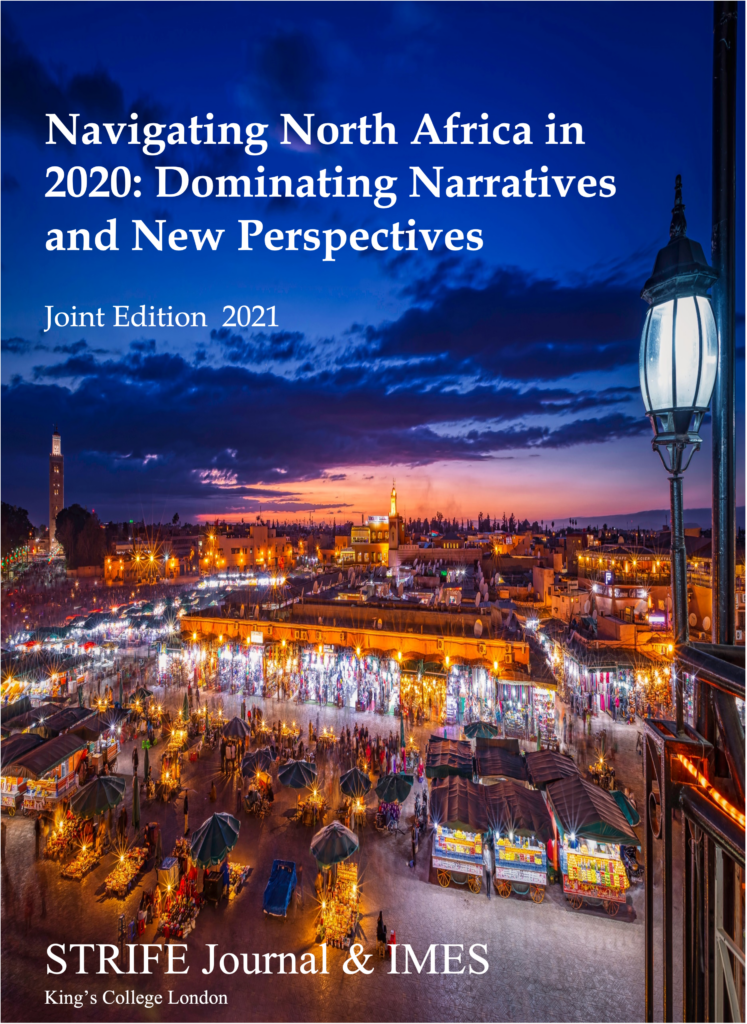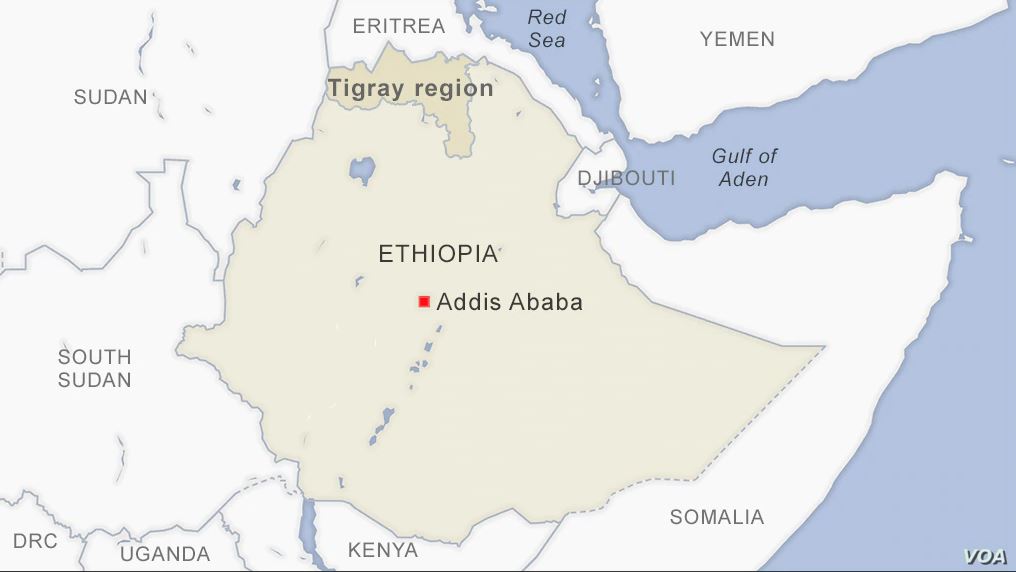Onur Kara’s Introduction to our Strife/IMES Joint Edition of Strife Journal entitled ‘Navigating North Africa: Dominating Narratives and New Perspectives’ is below. Read the full issue of Strife Journal at this link.
The decade following the Arab Uprisings of 2011 witnessed rigorous debates concerning the nature of the state, its relationship with its citizens, and what the role of religion would be in this context. In cases of regime breakdown, the conversation was centred around the new political order: would that be a ‘civil state,’ or a religious one?[1] What about the role of Islamist parties, who had achieved a series of electoral victories in early post-uprising periods? On the other hand, regimes who successfully weathered the protest movement faced the problem of adapting themselves to the new period: increased civil activism and economic troubles signalled that significant reconfiguration of regimes was necessary. Importantly, many of these debates occurred within national legislatures and civil society, creating a vibrant discussion during the first years of the 2010s.
This conversation remains disputed today. Increased instability in the region and political violence has shifted the debate to security issues from which the Maghreb was not exempt. Similarly, a series of failed political transitions in 2013 caused an ‘overcorrection’ towards the analysis of authoritarian resilience and continuity at the expense of more nuanced analysis.[2] Combatting terrorism and controlling extremist ideologies became a cornerstone of government policies, eclipsing democratisation and political reforms. Furthermore, tensions between Morocco and Algeria over Western Sahara resurfaced, showing that Maghrebi geopolitics is alive and well.
These were amongst the issues discussed during the Institute of Middle Eastern Studies’ annual conference in October 2020, titled ‘Navigating North Africa in 2020: Dominating Narratives and New Perspectives.’ This special issue brings together five original articles from the panellists, with a special emphasis on religion.
Being the sole democracy in its region, Tunisian parliamentary politics attracted ample attention after 2011. Its political transition survived periods of extensive political polarisation coupled with political violence and holds potential insights for cases of democratisation worldwide.[3] Alexis Blouët’s article utilizes legal theory to examine changing the relationship between state power and Islamists, underlining the importance of norms in analysing legislative activity. This explanation yields a robust analysis of several flashpoints which marked contemporary politics including capital punishment, and gender equality in inheritance.
A discussion of norms in North Africa inevitably brings forth the question of human rights. Noufal Abboud’s contribution furthers this debate by presenting a comparative reading of three legal scholars, dissecting the (often misconceived) relationship between International Human Rights Law and Islamic Law. The paper argues for the harmonisation of seemingly incompatible approaches by focusing on common, higher values which both schools of thought share.
The rest of the special issue focuses on Morocco whose political life came under increased scrutiny in the previous decade. Ilyass Bouzghaia shows how the Moroccan state promoted its own interpretation of Islam to buttress national unity and political stability, making a valuable contribution to the literature on government control of religious institutions. Building on the concept of ‘spiritual security,’ the paper provides insight into Moroccan institution-building processes that have been a core endeavour of Mohamed VI’s reign. It also shows how a unique feminist discourse has emerged in the country, which allowed the monarchy to navigate a middle ground between tradition and modernity.
Switching our attention to foreign affairs, Amal al Founti’s paper examines Morocco’s religious diplomacy, demonstrating how it serves the dual purpose of furthering Moroccan geopolitical aims while combatting internal threats. The question of religion is transnational in al Founti’s analysis: it straddles the divide between the domestic and the international, underlining an aspect of regional politics that is oft-cited in the Levant but not highlighted enough in the Maghreb. The paper also has important policy implications regarding the North African diasporas in Europe, and the Western Sahara conflict.
Last, but not least, Sara Katona’s article points at the growing phenomenon of non-belief in North Africa. Highly sensitive and remarkably difficult to research, this topic came to the spotlight following Arab Barometer’s 2019 survey.[4] Katona’s work presents valuable data from laborious within-country fieldwork, touching on issues of religiosity, nationalism, and how they interplay with Moroccan politics in a contemporary context.
[1] Limor Lavie, “The Idea Of The Civil State In Egypt: Its Evolution And Political Impact Following The 2011 Revolution”, The Middle East Journal 71, no. 1 (2017).
[2] Marc Lynch, “Taking Stock of MENA Political Science After The Uprisings”, Mediterranean Politics, 2021.
[3] See for example; Elizabeth Nugent, After Repression: How Polarization Derails Democratic Transition (Princeton: Princeton University Press, 2020).
[4] “The Arab World in Seven Charts: Are Arabs Turning Their Backs on Religion?”, Arab Barometer, 2019, https://www.arabbarometer.org/2019/06/the-arab-world-in-seven-charts-are-arabs-turning-their-backs-on-religion/https://www.arabbarometer.org/2019/06/the-arab-world-in-seven-charts-are-arabs-turning-their-backs-on-religion/ (Accessed 01.02.2021).


